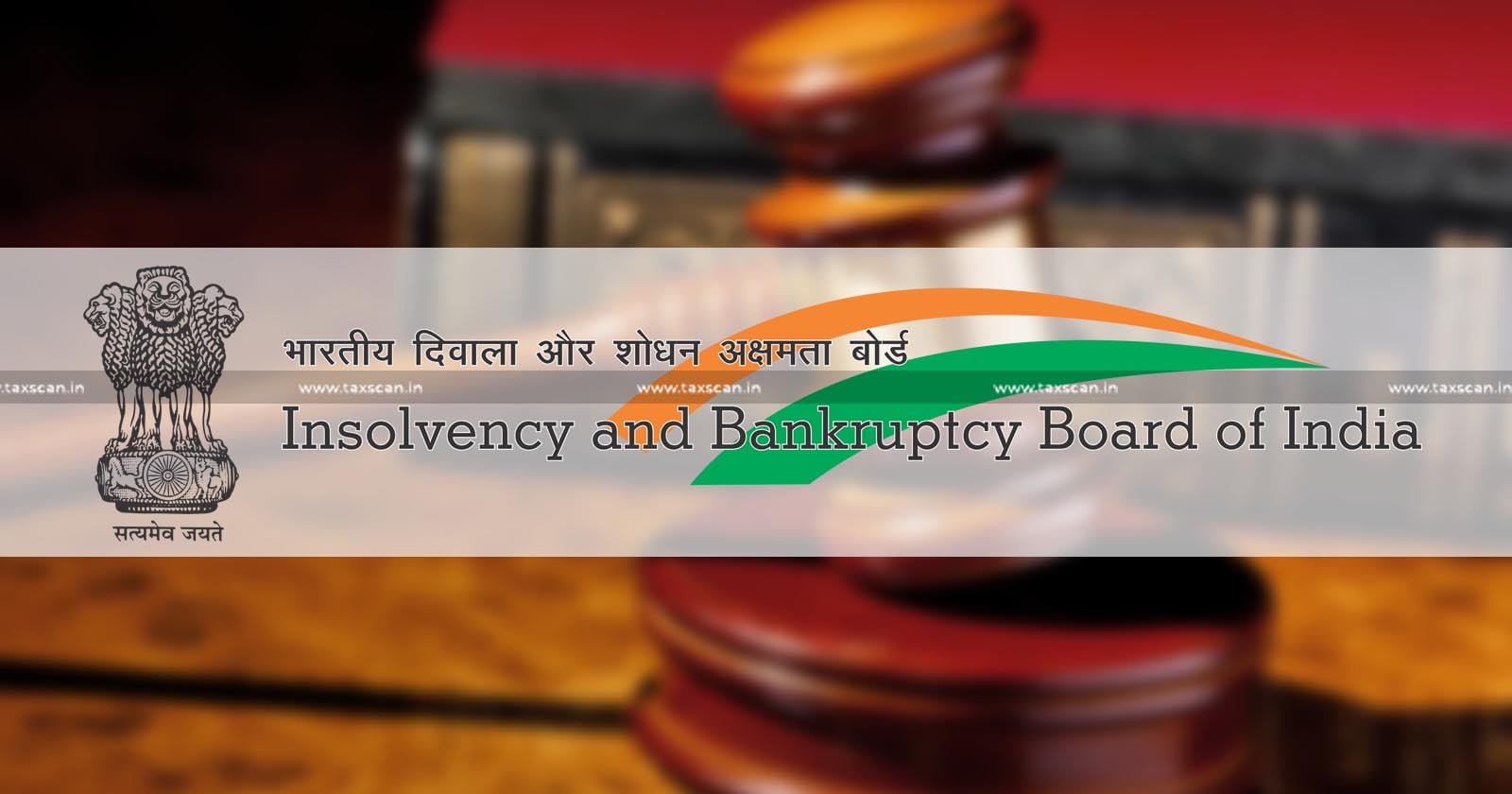Changes by IBBI in Voting on Bids for Bankrupt Companies under IBC

Change- IBBI – Voting – Bids – Bankrupt – Companies – under – IBC – TAXSCAN
Change- IBBI – Voting – Bids – Bankrupt – Companies – under – IBC – TAXSCAN
The Insolvency and Bankruptcy Board of India (IBBI) proposed changes in Voting on bids for Bunkrupt Companies under the Insolvency and Bankruptcy Code, 2016 (Code).
In the proposed new system of voting on more than one resolution plan, extending the timeline for submission of claims, and introducing audit for insolvency resolution process cost in some cases are among a series of changes the Insolvency and Bankruptcy Board of India (IBBI) has proposed to the existing insolvency regulations under IBC.
To ensure the creditors are free to vote, it was proposed to use a system of voting with preference, the IBBI discussed.
The new proposed system implies that if no plan achieves the 66 per cent required votes, the proposal with the least first preference votes is eliminated and its first preference is allotted to the second-highest-voted plan.
The IBBI has proposed that wherever the total assets of the corporate debtor as per the last available financial statements exceed Rs 100 crore, the resolution professional will get the audit of the insolvency resolution process cost conducted after finalisation of the cost of the IRPC for the financial year.
“There were two major criticisms against the resolution process under the Code. First, fewer companies were being resolved with lesser value realisation and the time taken for such resolution is longer than what the law prescribes.”, the IBBI said.
The discussion was held to analyse the resolution processes that have been completed and are ongoing and present the understanding of issues that are adversely affecting the efficiency and effectiveness of the resolution process.
The proposed regulations seek to make it compulsory for the resolution professional to provide reasons for the rejection of any claim to ensure transparency of the process and provide clarity to creditors whose claims have been rejected while allowing creditors to submit claims beyond the 90-day limit without approaching the adjudicating authority.
It was expected by the IBBI that the new system would enhance flexibility for creditors and reduce the burden on the National Company Law Tribunal (NCLT).
Also proposed that promoters or any other person associated with the management of the corporate debtor should hand over the assets as per the balance sheet of the company. If this is not available, then a list of assets being handed over to the resolution professional has to be prepared.
The IBBI further proposed that the application process should have the creditor submit an affidavit, detailing the chronology of the debt and default, and explaining why the application is not barred by limitation.
The new system gives more responsibility to the authorised representative of the financial creditors. The increase in fee of the authorised representative to be commensurate with the increased duties to double the current levels is another impact of the new system.
Support our journalism by subscribing to Taxscan premium. Follow us on Telegram for quick updates


